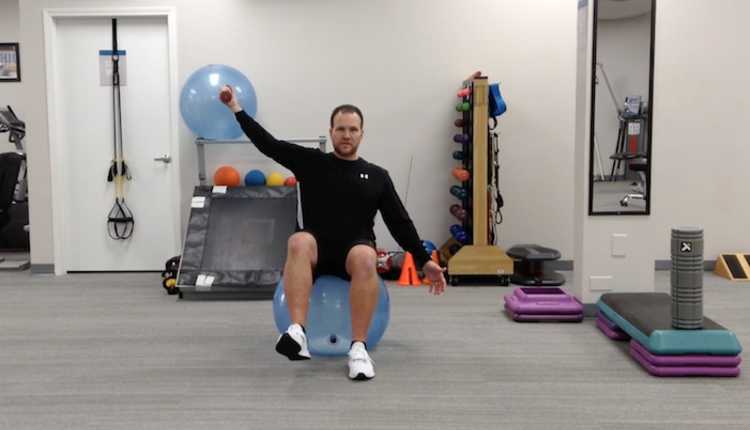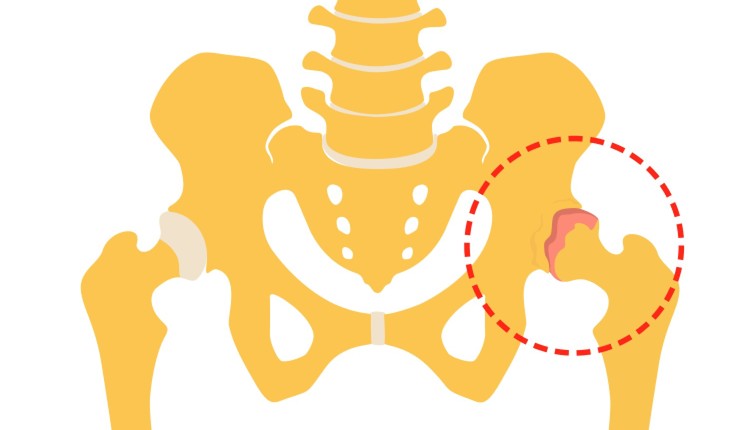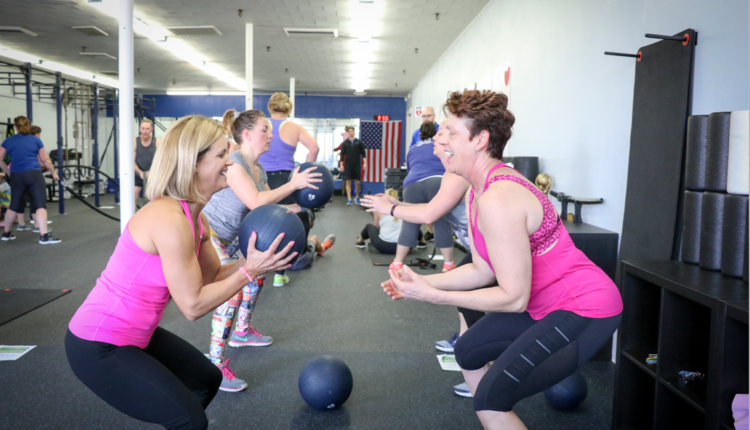
Fitness professionals need to do be exceptional at the simple things. We need to collect and interpret initial interview and consultation information, consider physical limitations and movement assessment scores as we begin to create a well-rounded program design specifically geared toward achieving our clients’ goals. We schedule their first workout and teach them proper progressions and cues of each exercise. We perform each step perfectly, like a true professional, and in the most crucial moment in our client-trainer relationship we get complacent. In a moment designed specifically for us to shine, we fail to deliver.
I observed a personal trainer working with her older adult male client one day as he was performing a deadlift with a kettlebell. While performing reps he continued to round his upper-back. After two or three reps, she put her hand on his shoulder and verbally said, "keep your chest up" while demonstrating what she wanted him to do. She utilized verbal, visual and physical learning cues, providing the best possible learning opportunity for her client.
After cueing, she stepped back, allowing him to continue. He did two more repetitions with good form and started to round his back again. Though she was obviously dissatisfied, she did not correct him a second time. She allowed him to finish his set with poor technique before moving to the next exercise. Trainers do this often, concerned they will appear bossy or demanding to their client; they refuse to re-cue or even stop their client from performing the movement incorrectly. They don't want their client to feel unsuccessful, so they let it slide.
Failure to correct, regress or modify is an ethical issue we cannot afford to overlook. We know how to reduce or nullify the risk of injury, but complacency often wins out. The fear of annoying the client becomes greater than the threat of injury however, a slightly over-trained client with poor technique will get injured. Injured clients do not renew their training agreements; they don’t refer others and they don’t speak well of their trainer, ultimately doing a great deal of damage.
On the contrary, a slightly under-trained client with great technique can train year round and achieve their goals as they proudly sing their trainer’s praise to everyone they encounter. It’s in our professional DNA and genetic make-up as personal trainers to do the basic components of our job description extremely well. The well-being and success of our clients and the reputable growth of our profession greatly depends on it.




















